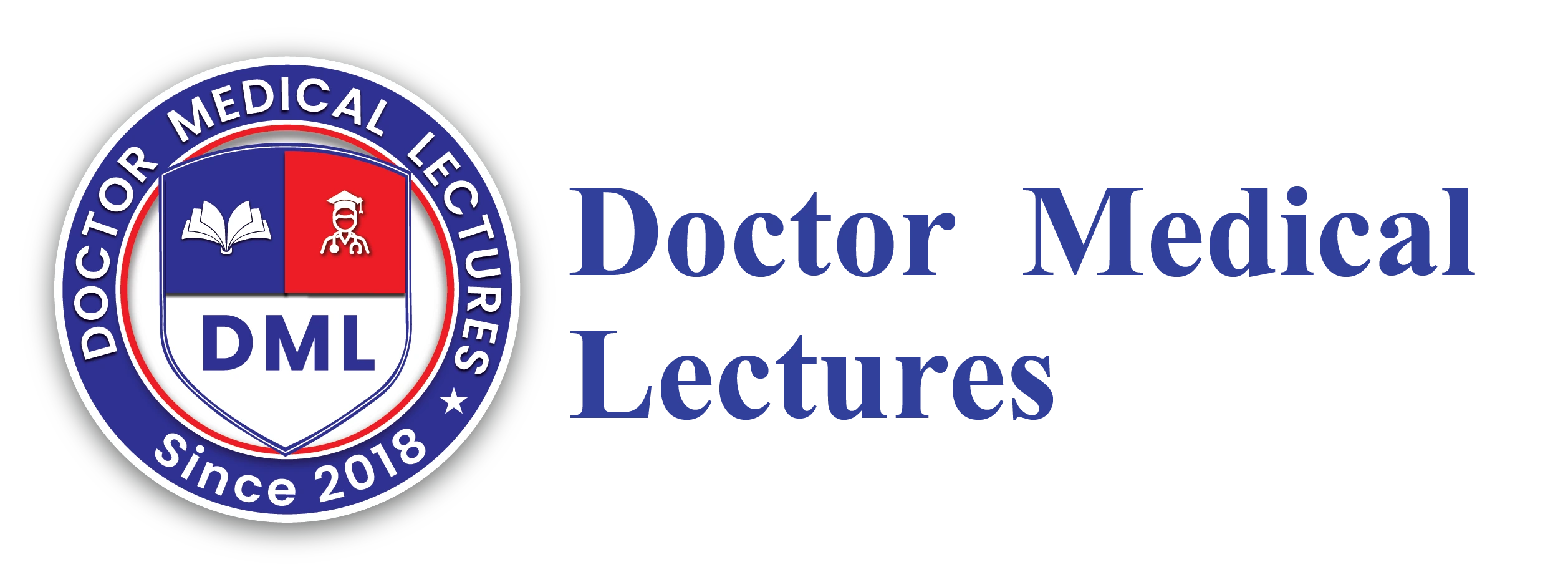Introduction
NRE Step 2 Complete Guide to Success & Preparation of the National Recruitment Examination NRE Step 2 prep is an essential step that medical students who are aspiring to achieve success in their professions. Once you have passed the first phase the second test will not only assess just your academic knowledge, but also your capacity to critically think, tackle complicated problems, and remain calm when under stress.

The test goes far beyond simple memorizing, and involves a deeper dive into actual medical scenarios in which your ability to make decisions, analytical capability, and attention to details are put to the examination. NRE step 2 is not just a test but a pathway towards a rewarding career in medicine and demonstrating your ability to meet the challenges of your profession.
What is NRE Step 2 prep?
NRE 2 is a more advanced assessment intended to evaluate the most important skills required by doctors. This test goes beyond conventional knowledge tests, and is focused on the ability of a person to use clinical knowledge and make crucial choices under pressure and manage ethical dilemmas efficiently. The test will ensure that the candidate is not just knowledgeable, but adept at managing actual medical scenarios with confidence.
Key Focus Areas of NRE Step 2 prep for Medical Candidates
-
Clinical Knowledge and Practical Application:
- Candidates need to demonstrate a thorough knowledge of the medical sciences which includes anatomy, physiology and pathology.
- The main focus is applying the theoretical understanding to real-world medical situations, such as the diagnosis, treatment plan, as well as patient care.
-
Critical Thinking and Problem-Solving:
- The test tests the capacity to analyze situations quickly examine options, make decisions, and make educated decision-making.
- Medical professionals need to be calm and composed under pressure, as well as provide accurate advice.
-
Ethical and Professional Judgment:
- Ethics is the foundation of medicine practice.
- Candidates need to demonstrate high-quality judgment when faced with situations that involve privacy of patients, professionalism and collaboration in treatment.
-
Time Management and Multitasking:
- A well-organized time management system is essential in the healthcare setting.
- This test measures the capacity to prioritize work and take swift, but effective decisions in the time pressures.
-
Communication and Interpersonal Skills:
- A clear and understanding communication style is vital for the care of patients.
- Candidates need to demonstrate their capability to relay complicated medical details to families, patients, and their colleagues.
Why NRE Step 2 Matters in Medicine
- Real-World Relevance Exams focus on real-world application rather than theoretical understanding to ensure that candidates are ready for work.
- Career advancement: Success in highlights a candidate’s ability to meet the requirements of practicing medicine.
- Training for future challenges: It equips candidates with the skills needed to deal with crises, ethical questions and provide patient care with efficiency.
DMLEC: Your Partner in NRE Step 2 Success
(DMLEC) is an important role in the preparation of students to take through its specific courses.
-
Comprehensive Curriculum:
- DMLEC provides a comprehensive strategy that integrates theory-based learning and hands-on training in clinical practice.
-
Practical Training:
- Through the internship program and in-person cases, students get important clinical experience.
-
Focus on Ethics and Professionalism:
- The students are taught how to deal with ethical dilemmas with integrity and professionality.
-
Simulated Scenarios and Mock Exams:
- Mock exams that are realistic aid students in building confidence and enhance their decision-making abilities.
-
Personalized Coaching:
- Individual mentoring and group discussions offer individualized assistance to every student.
Tips for Success in NRE Step 2
- The focus is on clinical practice
Gain hands-on experience within real-world clinical environments. - Simulations of Practice Cases:
Improve problem-solving skills by regularly analyzing case studies. - Time Management
Enhance efficiency by taking testing and mock sessions. - Improve Communication:
Learn how to communicate the medical details clearly and with empathy. - Stay Current:
Keep yourself informed on the latest medical advances and research.
Conclusion
The NRE step 2 is not just an examination; it’s an indicator of high-quality the field of medicine. It assesses the clinical abilities as well as ethical judgement and the ability to deal with the pressure of actual healthcare issues.
Schools like DMLEC offer essential education, bridges the gap between theories and application. Through structured instruction, hands-on training, and ethical perspectives Students are prepared to succeed at.
Passing this test is an important milestone that opens possibilities for a rewarding and lucrative profession in the field of medicine.
Frequently Asked Questions
-
What is NRE Step 2?
- The most important part in The National Recruitment Examination, evaluating aptitude for the job, skills in decision-making as well as ethical standards.
-
What makes NRE Step 2 crucial?
- NRE Step 2 is crucial because it assesses both practical skills and theoretical knowledge, ensuring that candidates are fully prepared to perform in real-world professional settings. It is a key step in obtaining certification or licensure, directly impacting career progression and credibility.
-
What is NRE Step 2 assess?
-
NRE Step 2 assesses both practical and theoretical competencies. It evaluates candidates’ clinical skills, ability to apply knowledge in real-world scenarios, problem-solving, decision-making, and understanding of key concepts related to their profession or field of practice.
-
-
What makes the NRE Step 2 different than the first step?
- NRE Step 2 differs from Step 1 by focusing on more advanced, real-world skills. While Step 1 primarily tests theoretical knowledge, Step 2 includes practical assessments, such as clinical exams or hands-on tasks, to evaluate your ability to apply knowledge in professional scenarios.
-
What should I do to be preparing in preparation for NRE 2?
- To prepare for NRE Step 2, start early by gathering updated study materials. Focus on both practical skills and theoretical knowledge. Create a structured study plan, take mock exams, practice clinical scenarios, manage stress, and seek feedback from mentors for improvement.
-
How can DMLEC assist in its preparation?
-
DMLEC can assist in NRE Step 2 preparation by providing study materials, mock exams, and clinical practice opportunities. They offer workshops, personalized mentorship, and guidance on both theoretical concepts and practical skills, helping you improve your performance and confidence.
-
-
What obstacles do applicants have to overcome when they are preparing for NRE Step 2?
- Quick decision-making, time management ethics, time management, communications barriers.
-
What are the key successful strategies to succeed in NRE 2?
-
Key strategies for succeeding in NRE Step 2 include starting early, balancing both practical and theoretical study, using mock exams to assess readiness, practicing clinical skills regularly, managing time effectively, and seeking feedback from mentors to identify areas for improvement.
-
-
Does NRE Step 2 a practical or theory-based?
- NRE Step 2 is both practical and theory-based. It typically includes hands-on clinical assessments, where you demonstrate real-world skills, as well as theoretical exams that test your knowledge and understanding of concepts related to your field.
-
What is the consequence if I do not pass the NRE Step 2.
